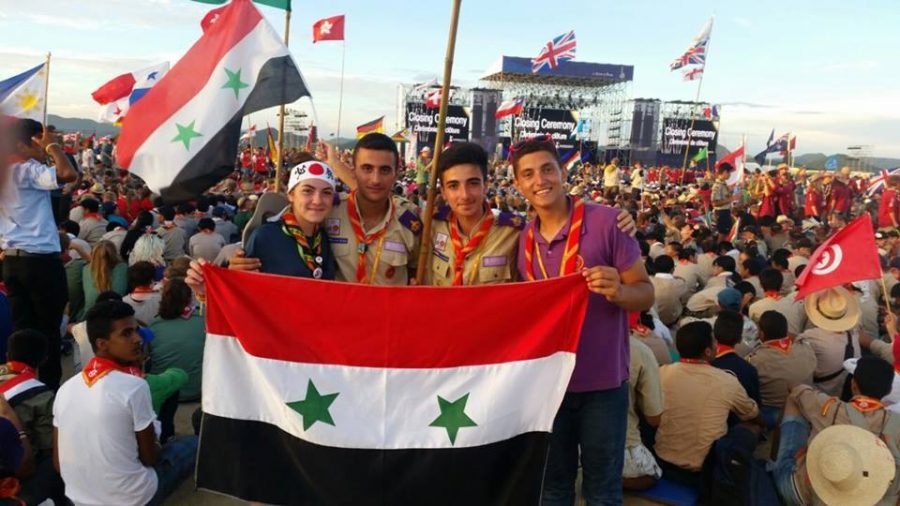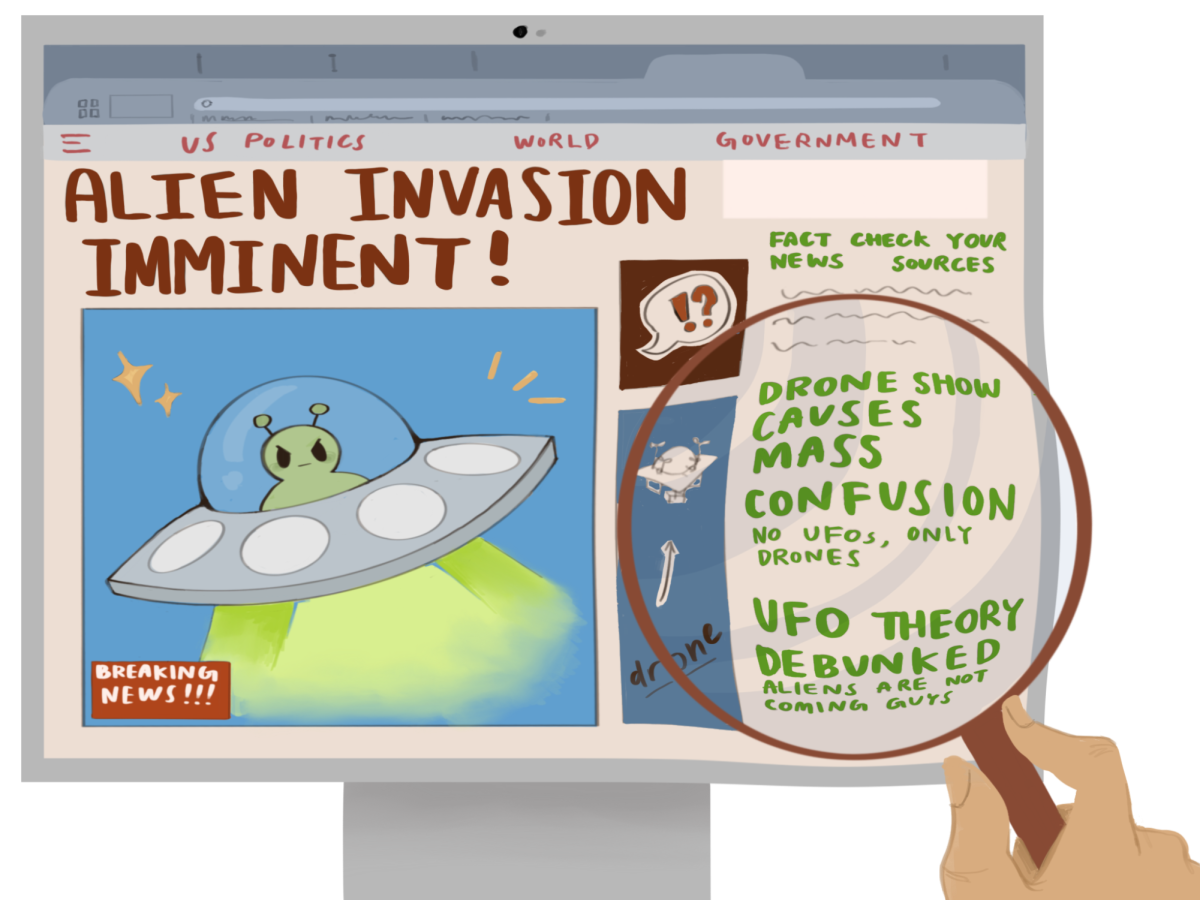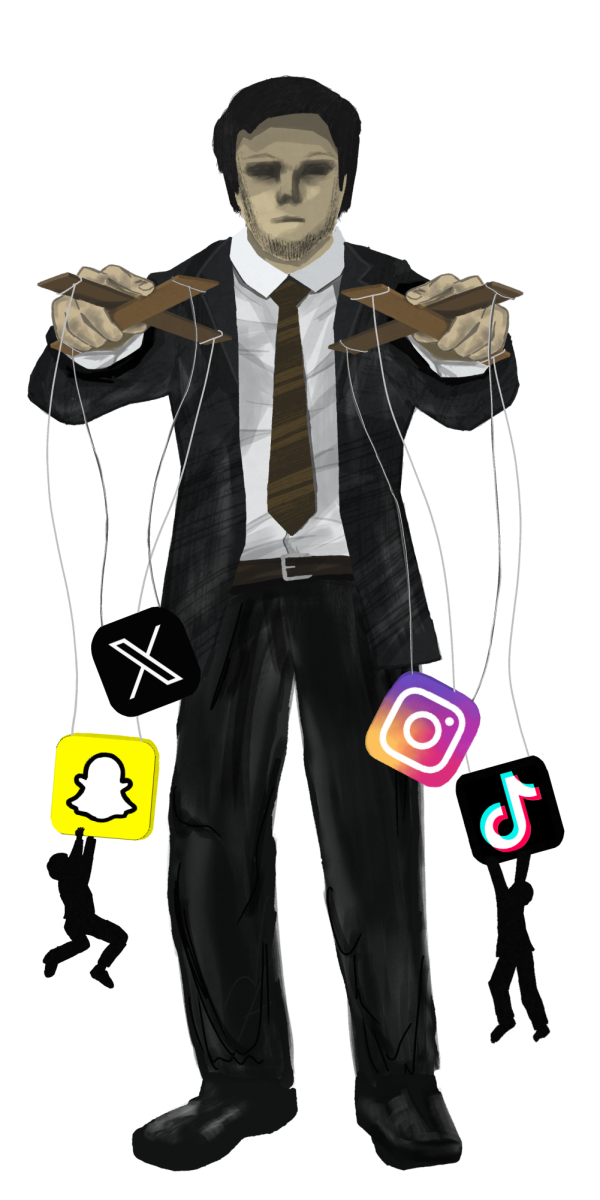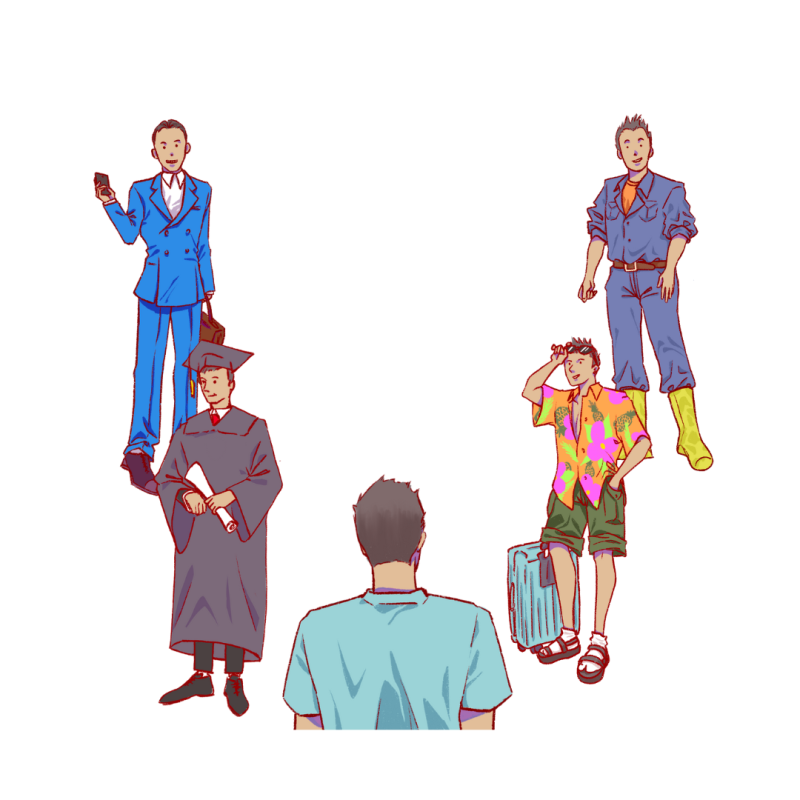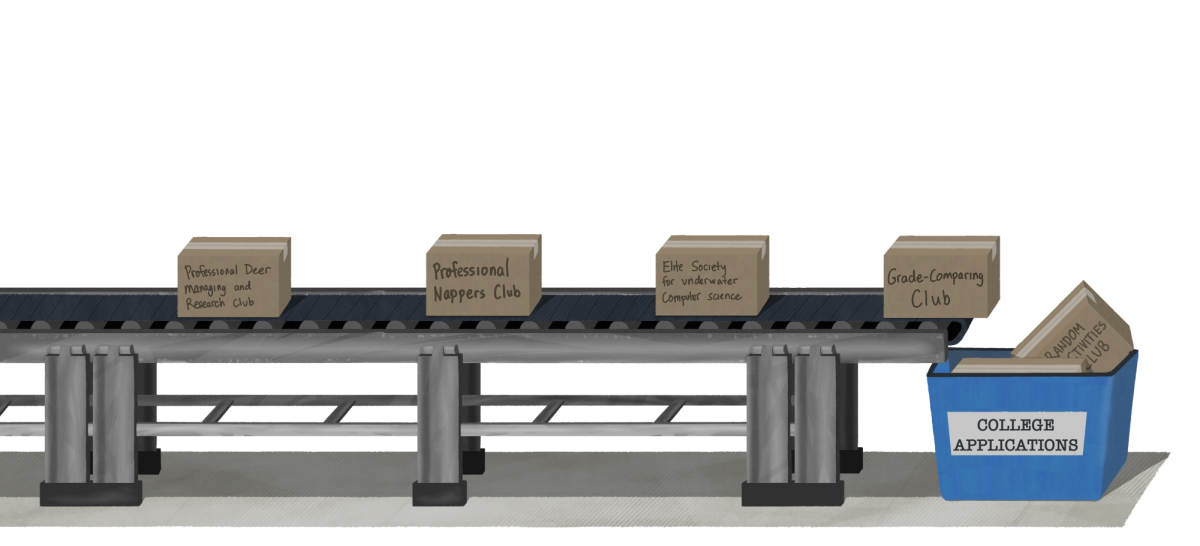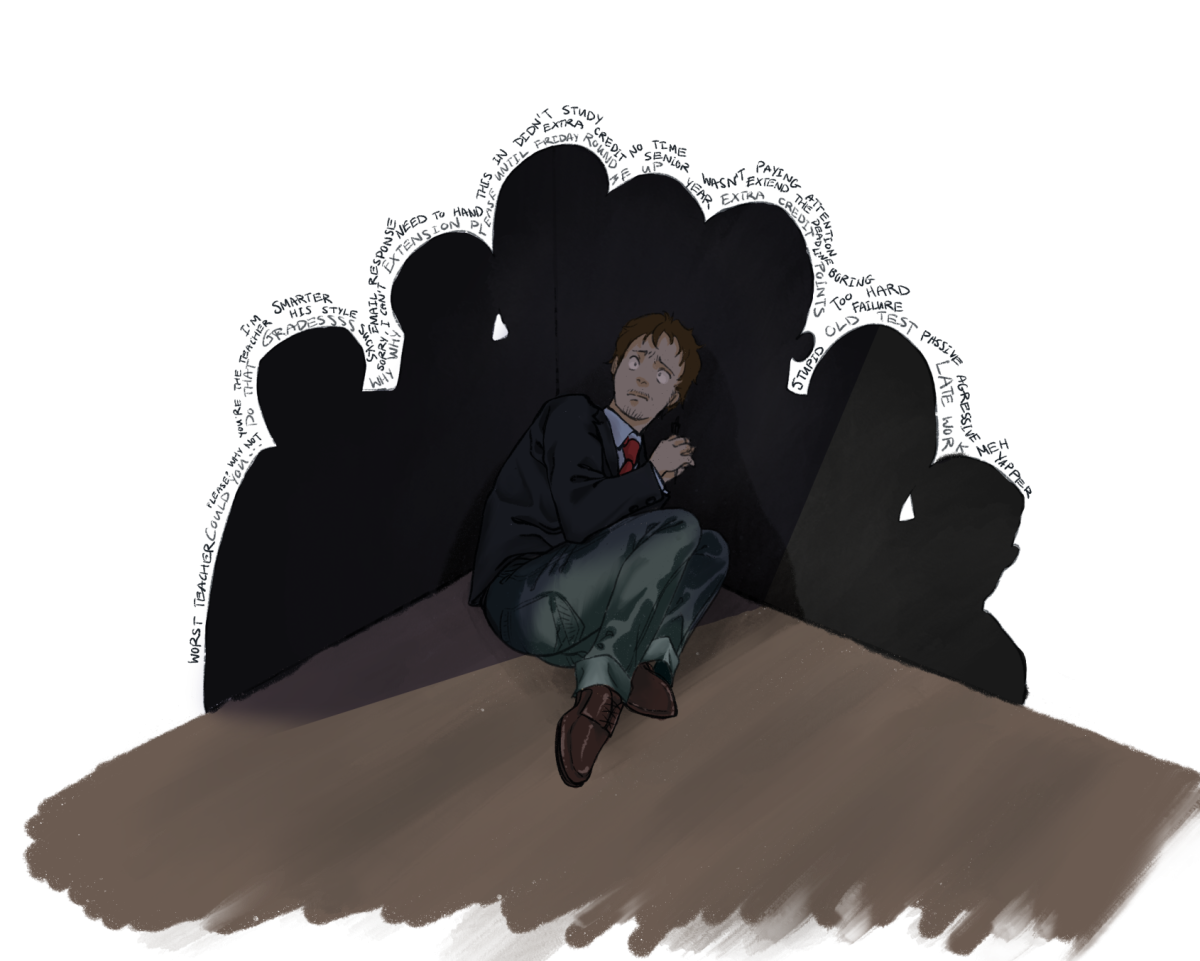Written by Hao Jiang, guest columnist
Last summer, scouts from 150 nations around the world gathered on Kirarahama Beach in Yamaguchi, Japan for the World Scout Jamboree; I was fortunate to be one of the 40,000 in attendance. One of the first foreign troops I visited was the Syrian contingent—a small group of no more than eight Syrian scouts. Eight sets of eyes warily eyed the American flag patch on my bag and my strange uniform as I, the first American they had ever seen, walked into their campsite. We soon began exchanging patches, neckerchiefs and other paraphernalia, but the interaction was brief because the Syrians had very few items to trade. After returning to my campsite, I encountered them rarely, if at all. Halfway through the jamboree, however, I met Roy Alcheikh. In line with my interest in international relations, I bombarded him with questions about daily life amidst the Syrian Civil War.
Before knowing Roy, I naively assumed that all Middle Easterners fit the ignorant stereotype of the religious fanatic, intent on destroying the American people with his oil and terrorism. But Roy’s stories took me straight into that community, half a world away.
What I saw on the news was what Roy continues to personally witness. Over five years, the Syrian Civil War has killed 340,000. Roy has lost family members and neighbors in the fighting. He has witnessed countless rocket attacks, airstrikes and urban combat around his home.
The city he inhabits, Saidnaya, is home to 25,000 people, a landmark monastery and the world’s second-largest statue of Jesus Christ. Saidnaya is also currently under siege by the terrorist organization Al-Nusra, which vows to eradicate the Christian population. Since October 2013, hundreds of militants from al-Qaeda-linked group and brigades of the self-named Free Syrian Army have mounted multiple unsuccessful attempts to capture the mountaintop monastery, which overlooks Saidnaya—a strategic place from which they could destroy the city below. A nearby military source claims that the region has been subject to aerial bombardment for almost three years, and that even elderly people exceeding 70 years old are fighting. Random gunfire, mortar strikes, sniper attacks and more are commonplace. All this occurs just miles from the presiding statue of Christ, which holds a sign that reads, “I come to save the world.”
Growing up in this setting, Roy has to be prepared to defend himself and his family if necessary. His two older brothers have joined the local pro-government militia that supports the Syrian Arab Army in engagements and skirmishes near his home.
Toward the end of the jamboree, upon realizing my time with him was coming to a close, I traded my uniform for his. On the last day, I said my goodbyes while wear- ing Roy’s Syrian uniform. Surprised, his scoutmaster remarked on it “You’re the last person I expected to wear this uniform. It is really amazing what things have come to be.” I responded to him: “None of this would happen if politics was involved; it is amazing what we could accomplish when we throw politics out of the window.”
After I returned to the States, Roy continued to send me updates from the frontlines of the war. I was getting information about recent air strikes, incursions from the rebels and counterattacks into rebel held territories by the Syrian Army. I now have better insight into the reality of this issue: blaming all Middle Easterners for the actions of groups such as al-Qaeda and ISIL is akin to blaming all white Americans for the actions of the Ku Klux Klan or the Westboro Baptist Church. Yet one of the hardest parts of maintaining a friend- ship with Roy is still the political differences that separate our two countries. While the U.S. is not officially involved in the Syrian War, airstrikes from American planes, Central Intelligence Agency militant training and Special Operation raids still perpetuate the war in Syria. American intervention is a heated issue in our friendship; it sometimes threatens to tear our friendship apart.
Similarly, on a global level, countless resolutions have failed to end the war. Despite the efforts of the United Nations, the International Red Cross, the North Atlantic Treaty Organization (NATO), the Arab League, Russia, Iran, China and many other nations, the fighting still continues in Syria. I still maintain hope that the war will end soon. But before it does, a lot more people are going to die.


